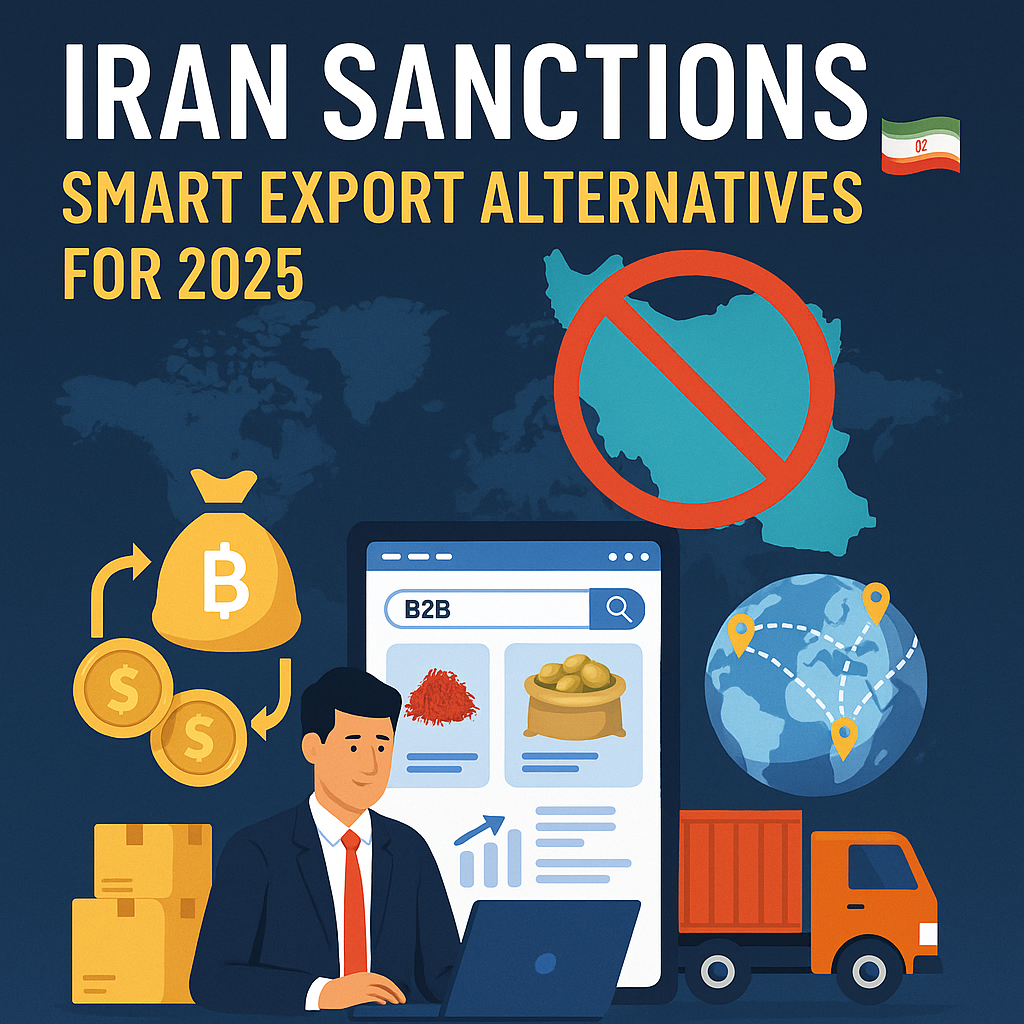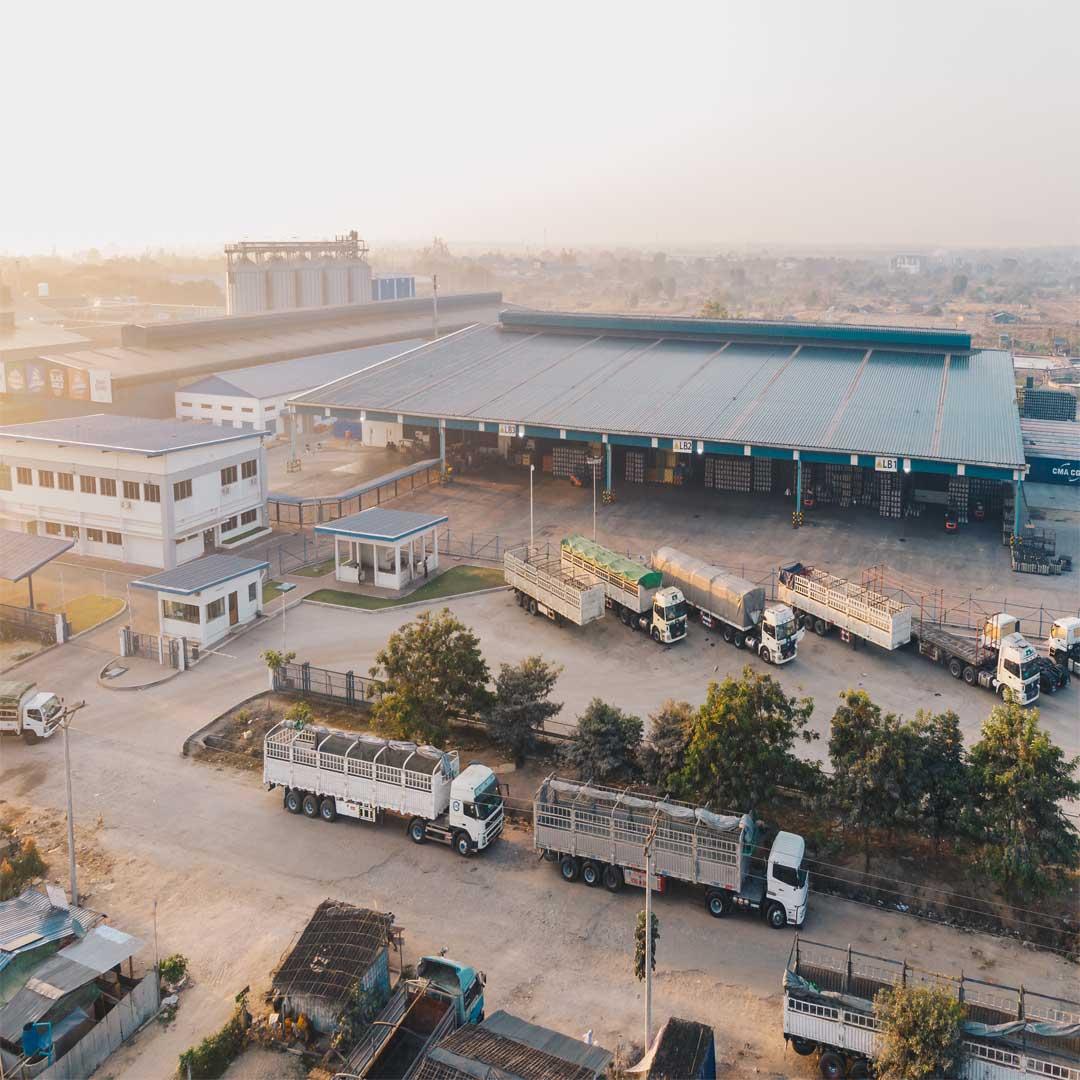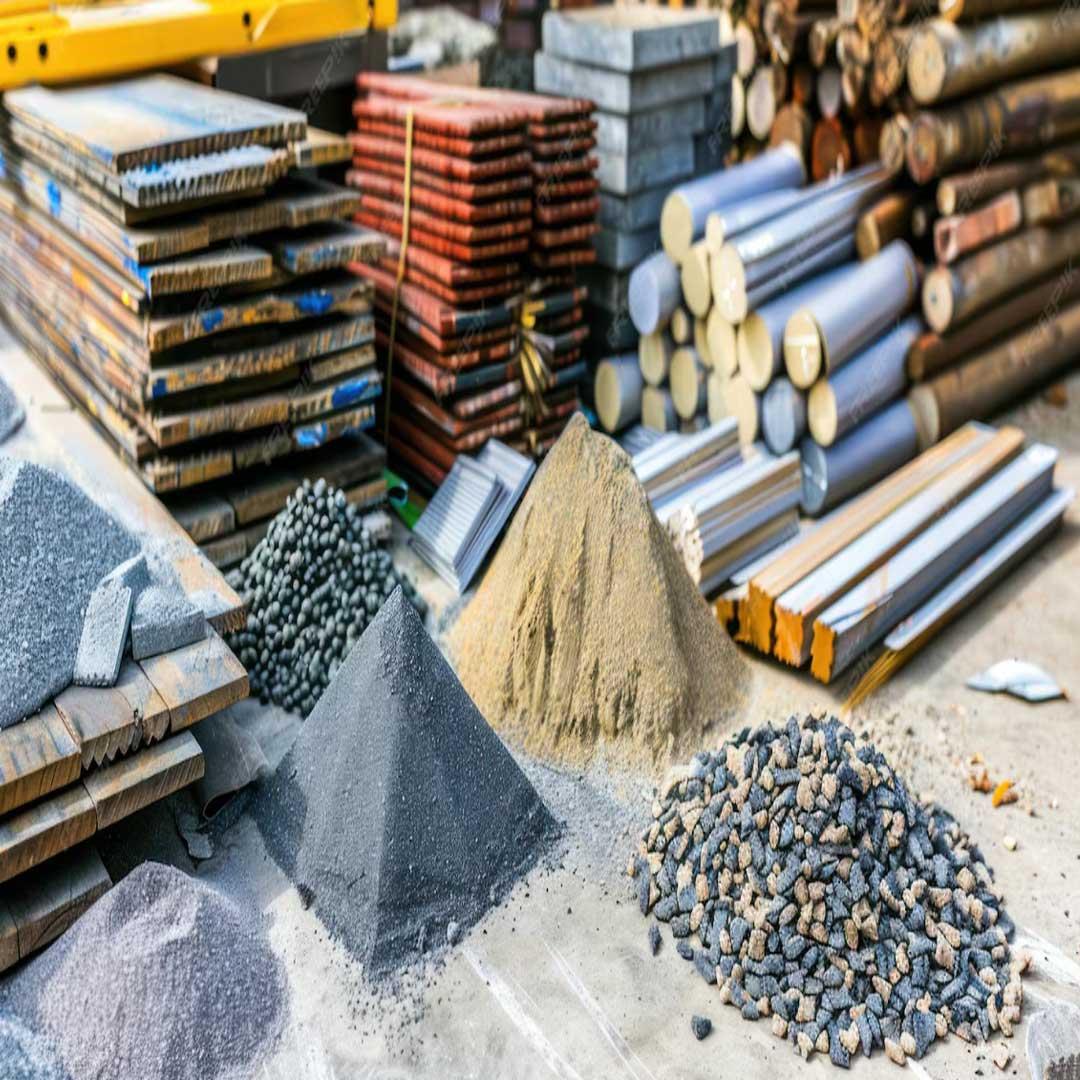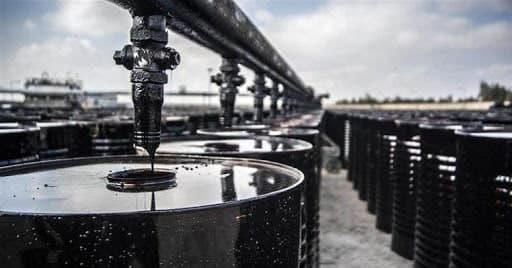Despite sanctions, Iranian exporters continue to trade smarter in 2025, exploring new export alternatives, regional rout...
Iran's Exports to South Korea: Abrisham Road Platform in Trade Growth
Iran’s Non-Oil Exports to South Korea and the Role of the Abrisham Road Platform in the Development of International Trade
In recent years, trade relations between Iran and South Korea have experienced fluctuations due to sanctions and banking restrictions. However, in 2024, Iran successfully achieved a significant increase in its non-oil exports to South Korea.
Iran’s Export Statistics to South Korea
According to the Iran-South Korea Joint Chamber of Commerce, Iran’s non-oil exports to South Korea grew by 180% in 2024 compared to the previous year, reaching $8.609 million. In contrast, South Korea’s exports to Iran decreased by 11%, totaling $142.631 million.
These changes reflect Iran’s efforts to reduce dependence on oil revenues and diversify its export markets. Nonetheless, challenges such as sanctions, banking restrictions, and the need to meet South Korea’s quality standards continue to pose obstacles to the expansion of bilateral trade.
Composition of Exported Goods
More than 90% of Iran’s exports to South Korea in 2024 consisted of copper concentrate, driven by South Korea’s high demand for this material in its high-tech industries. Previously, gas condensates made up the bulk of Iran’s exports to South Korea. In 2024, Iran’s non-oil exports to South Korea saw a sharp increase, reaching $8.609 million — a 180% rise compared to the previous year — mainly due to increased exports of mineral and agricultural products.
Iran’s Exported Products to South Korea in 2024
Mineral and Industrial Products
Copper Concentrate: Constituted the majority of exports to South Korea, extensively used in South Korean electronics and technology industries.
Lead and Aluminum: Exported for use in South Korea’s automotive and electronics sectors.
Petrochemical Products: Such as polyethylene and polypropylene, utilized in South Korea’s packaging and plastics industries.
Agricultural and Food Products
Dried Fruits and Nuts: Including pistachios, almonds, walnuts, raisins, and dates, which are highly popular in South Korea for their quality.
Spices and Medicinal Herbs: Such as saffron, cumin, and turmeric, widely used in South Korean food and pharmaceutical industries.
Dairy Products: Including milk powder and traditional Iranian cheeses, exported to niche markets in South Korea.
Handicrafts and Carpets
Handwoven Iranian Carpets: Offered as artistic and decorative items in South Korea’s luxury markets.
Ceramic and Tile Products: Exported for use in interior design and construction sectors in South Korea.
Other Products
Pharmaceutical and Health Products: Including herbal medicines and dietary supplements, attracting attention in South Korea’s health markets.
Machinery and Industrial Equipment: Such as agricultural tools and construction machinery, exported to various South Korean industries.
This diversity of exported goods illustrates Iran’s efforts to expand its export markets and reduce reliance on oil. Considering South Korea’s market needs and the high quality of Iranian products, this positive trend is expected to continue in the coming years.
The Role of the Abrisham Road International Platform in Trade Development
The Abrisham Road platform, recognized as Iran’s first specialized B2B platform, plays a significant role in boosting Iran’s non-oil exports to Asian markets, including South Korea. By offering digital infrastructure and a variety of services, the platform creates an ideal environment for direct connections between Iranian producers and foreign buyers.
The Abrisham Road Platform’s Role in Trade with South Korea
Establishing Direct Contact with Korean Buyers:
The Abrisham Road platform enables direct communication between Iranian exporters and South Korean buyers through email, WhatsApp, websites, and social media, helping build trust and facilitate business negotiations.
Introduction to Economic Counselors:
The platform introduces Iranian exporters to Iranian economic counselors worldwide, including those in South Korea, assisting in the export process and enhancing market knowledge.
Access to Educational Resources:
With more than 300 hours of training videos on export practices, the Abrisham Road platform helps increase the knowledge and skills of Iranian exporters.
Digital Marketing and Product Promotion:
By offering digital marketing services, the platform promotes authentic Iranian products in international markets, including South Korea.
Impact on Exports to South Korea
Given the 180% growth in Iran’s non-oil exports to South Korea in 2024, the Abrisham Road platform has played a key role in facilitating export processes and establishing direct connections with Korean buyers, contributing to the increased volume and diversification of exports.
Overall, despite the challenges of sanctions and banking restrictions, Iran-South Korea trade relations have been on an upward trajectory. The 180% increase in Iran’s non-oil exports to South Korea in 2024 demonstrates Iran’s success in diversifying its export portfolio and establishing a stronger presence in Asian markets.
Key products like copper concentrate, petrochemical derivatives, dried fruits, saffron, and handwoven carpets have made significant contributions to these exports.
The role of the Abrisham Road International Platform — as Iran’s first specialized B2B platform — in achieving this success is notable. By creating a direct communication channel with Korean buyers, introducing exporters to economic counselors, offering export education, and providing digital marketing services, the platform has paved the way for a more effective Iranian presence in the South Korean market.
Thus, with further strengthening of such infrastructures and expansion of international collaborations, there is hope for sustainable growth in Iran’s non-oil exports and the continued development of trade relations between Iran and South Korea in the coming years.




